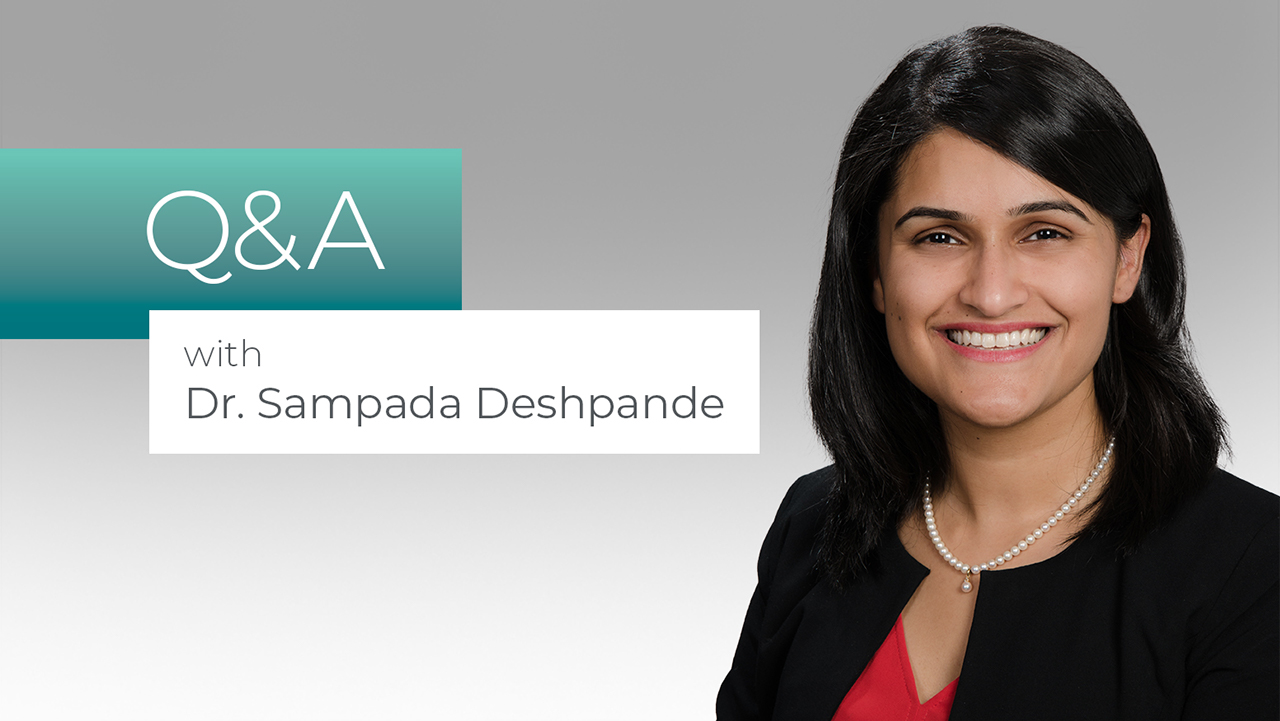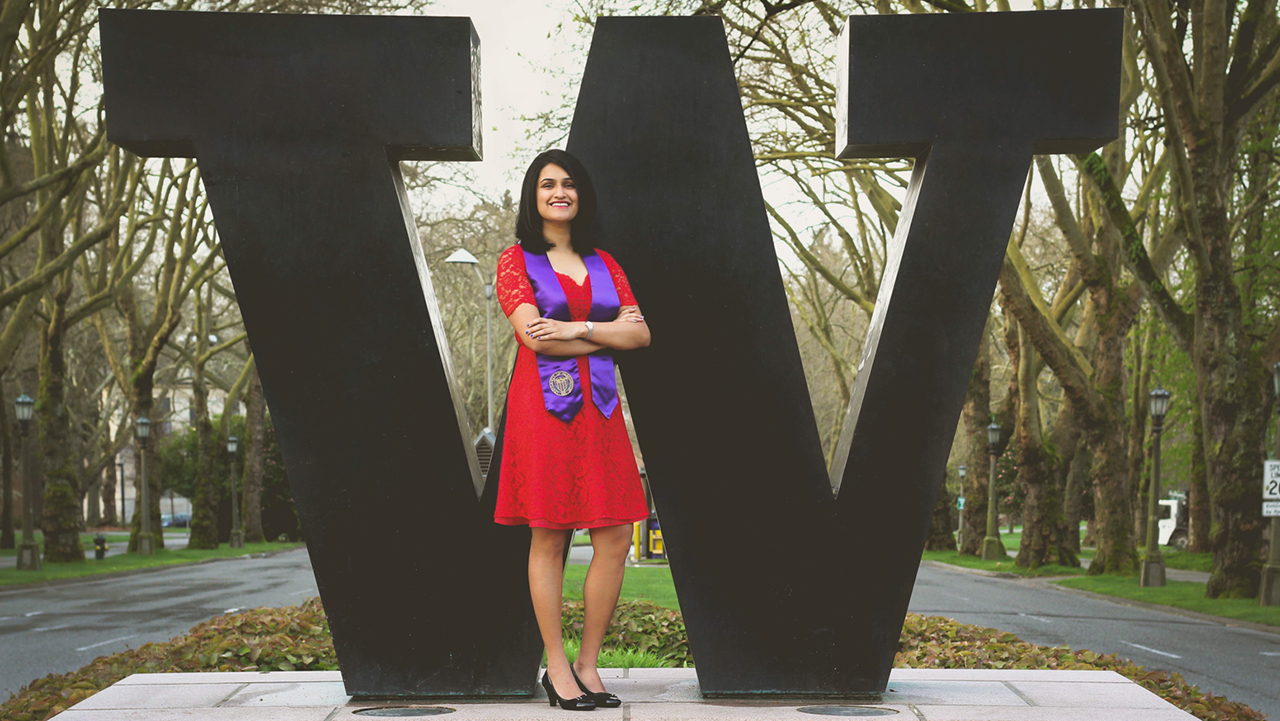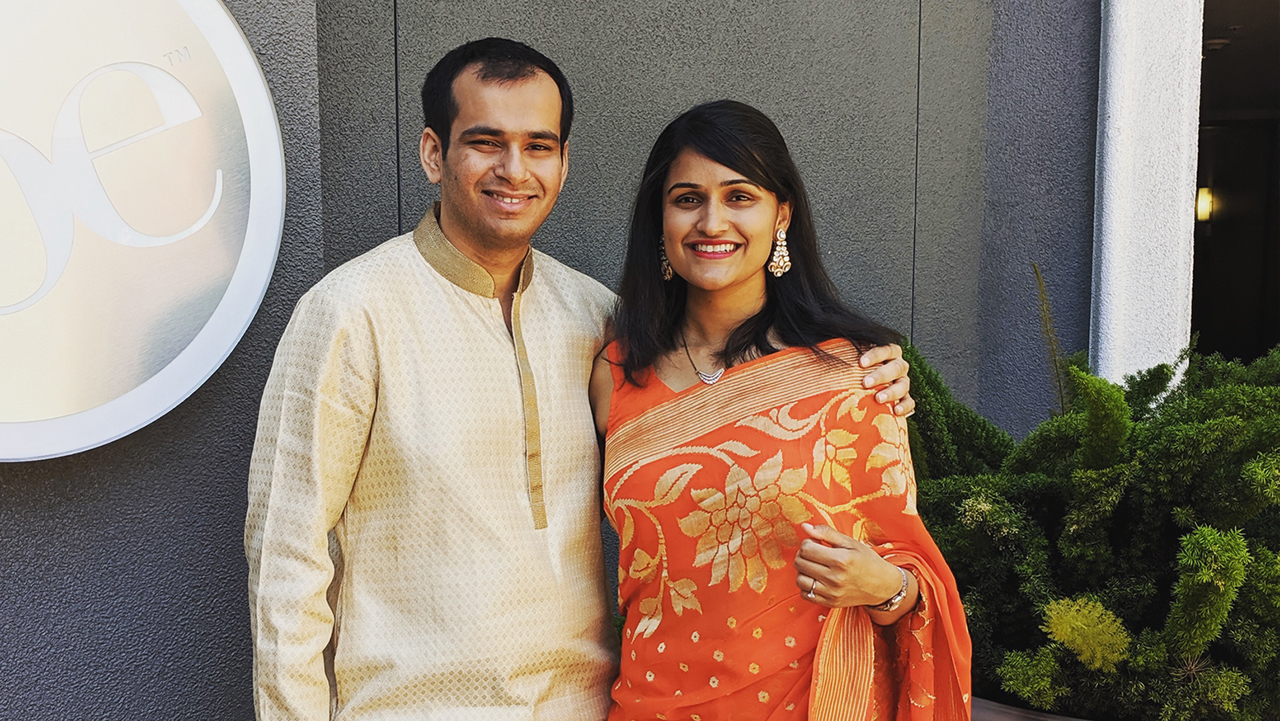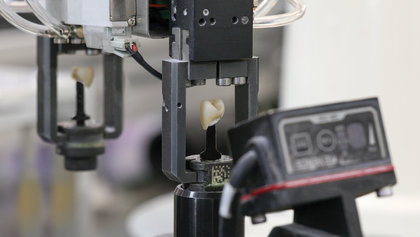2201 Dupont Dr., Irvine, CA 92612
© 2025 Glidewell. All rights reserved.
800-854-7256 USA
The New Dentist Business Study Club fosters collaboration, says Dr. Sampada Deshpande.

It can be easy to feel alone as a new dentist. The collegiality of dental school morphs into a range of new environments: an associateship in rural America, a DSO office or a private practice where the team is like a close-knit family.
In the summer of 2019, Dr. Sampada Deshpande set out to bridge these experiences. She was working as an associate at a DSO office — her second position since graduating from the University of Washington School of Dentistry in 2018. Prior to that, she had attended dental school at Manipal University in India, and worked as a research assistant at the University of California, San Francisco. She envisioned owning a dental practice, but there was so much to learn about becoming a small-business owner.
She thought of other new dentists who were facing the same business hurdles and how effective they could be if they overcame these obstacles together. So she decided to launch the New Dentist Business Study Club.
This month, she and fellow members are celebrating the study club’s one-year anniversary. And they’re welcoming new members ahead of starting a fresh curriculum in October.
Dr. Deshpande recently chatted with Glidewell about the journey that inspired her to create this business-minded community for new dentists.

Kiali Wong Orlowski: You have worked as a new dentist at three different practices — career experience that you’ve written about on your own blog and as a contributor to the New Dentist Now blog, published by the American Dental Association. What are some of your top takeaways when you think about your three associateships?
Dr. Sampada Deshpande: Each office has taught me a lot about clinical skills and leadership abilities. And these experiences have helped me understand what I really want in my career going forward. Currently, I’m an associate at Family Care Dentistry in University Place, Washington, and the owner/doctor is exactly the kind of leader who I want to be. She has had the same team in place for the last nine or 10 years. They all really respect her and have the same vision as she does.
My first associateship was in California. The owner/doctor helped me see how to talk to patients, and how to really hone my diagnosis skills and treatment plan acceptance skills. For my second associateship, I worked at a corporate office in Washington state for about a year. My husband and I had decided to move back after we experienced the high cost of living in California.

Dr. Sampada Deshpande and her husband, Bhushan.
Being back in the Pacific Northwest allowed me to save more for dental continuing education. It’s important to invest back into yourself through continuing education, so you can really progress clinically. I shared tips for budgeting for dental CE in one piece for the ADA’s New Dentist Now blog.
At my second associateship, I was the main dentist at the practice, and I had a supervisor dentist who managed other general dentists in the area. We had several specialists, including a pediatric dentist, orthodontist and oral surgeon, who would come in. Having a big team to manage really helped me understand how I needed to strengthen certain leadership skills. As new dentists, we’re very aware of building our skills in clinical dentistry. But in dental school we don’t train in leadership abilities, which are such a big component of our careers. That was one of the reasons why I started the New Dentist Business Study Club in September 2019.
KO: What motivated you to establish a study club for other new dentists?
SD: I realized during my second associateship that I needed to learn more about the HR and management side of dentistry. So I went to my first business seminar, and then I took another course and another. I went to a conference that also dealt with a lot of business fundamentals. And I just felt really good because the courses gave me things to work on, in myself and on my team, to prevent burnout.
But after a course, there’s usually no follow-up. So a week goes by after the course, and the excitement and the passion that you feel kind of dies down. I wanted something that continues at least once or twice a month to keep spirits high throughout the month and throughout the year. And I knew that I wanted to have my own dental practice one day. I wanted to keep learning about that and keep myself accountable. The best way I thought to do that was to get together with friends and other new dentists who also want to have their own practices, so we can learn about business together. I believed there was more value in camaraderie over competition.
KO: What are some topics that you focus on in the New Dentist Business Study Club? What are some lessons that you’d highlight for other new dentists, even if they’re not in the study club?
SD: One of the big things that we do is practice evaluations. So we’ve learned how to understand the numbers behind evaluating a practice, and it helps give you a lot of confidence. Instead of blindly delegating everything to brokers and others, you can gain the right education and learn these things yourself, so as a new dentist you can understand what you’re hiring your team for.
We also really focus on networking. We talk about how networking with other dentists in dental society meetings and in the community is so important to finding your dream practice. If you have done your demographic study, you can know exactly the area you want to be in and you can reach out to other dentists. You can even mail letters to see if they want to sell their practices.
We also talk about leadership and things like how to hire people, what kind of bonus structures are popular, how to motivate people and how to design a good benefits system for your team. I think being able to hire the right team is one of the fundamental things that a dentist should be able to do.
Lastly, the study club is an opportunity to gain public speaking skills. We meet about twice a month and conduct our sessions on GoToMeeting. And I think the experience is so valuable, because these are communication skills that we can bring back to our patients and our practices.

Dr. Deshpande at the Washington state capitol for the Washington State Dental Association’s annual advocacy event, Dental Action Day.
KO: Absolutely. So is the New Dentist Business Study Club open to anyone?
SD: Yeah, it’s open to members from all over the U.S., and we are currently accepting new members ahead of starting our new curriculum in October. We are all within five years of graduation and are looking to buy a practice. Most of us are probably in the range of buying in the next two or three years. Originally, we met in person because we were all based in the Seattle area. But in March we went online, and more people started to find out about the study club because of Instagram and my ADA New Dentist Now blog posts. So our community has grown to include members from outside Seattle, such as the Bay Area and the East Coast.
KO: Earlier you mentioned the importance of also building clinical skills. What is your advice for new dentists to pursue clinical goals?
SD: I think it starts with identifying your “why” and then you do continuing education to fit that. You’re getting better at dealing with clinical challenges, and CE helps to prevent burnout. For me, the big thing was that I loved surgical dentistry. I did a lot of it in dental school. I knew I enjoyed extractions and placing implants. So I started taking CE courses on implants, which made me really happy. In August, I finished a yearlong implant training program through the Academy of General Dentistry.
And part of taking CE courses is that you get to meet people who also love what you love. You can hear about how other dentists talk to patients about that specific procedure and how that service is helping their dental practices. It all starts with finding out what you really love in dentistry.
Send blog-related questions and suggestions to hello@glidewell.com.


